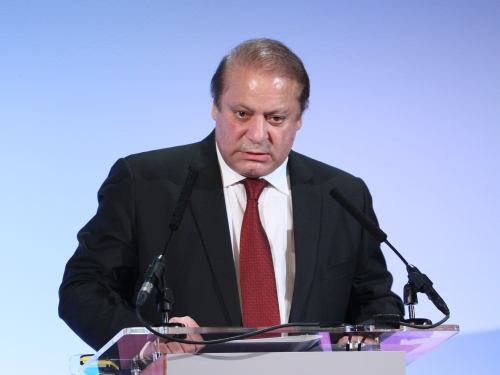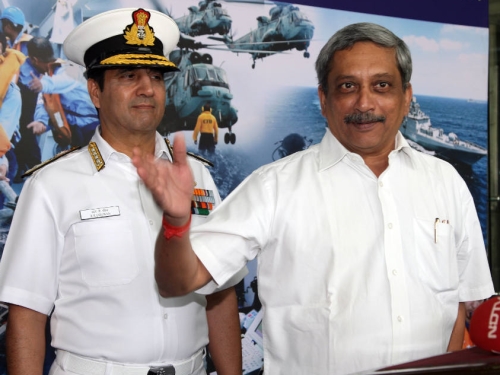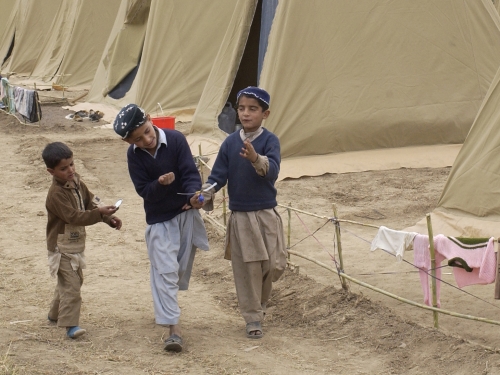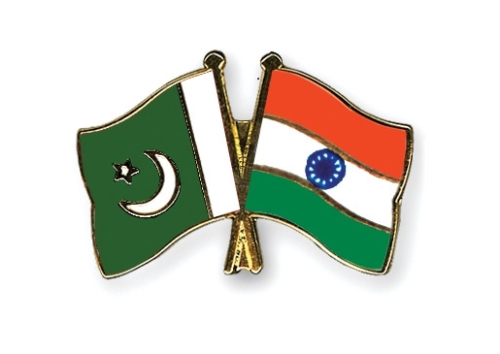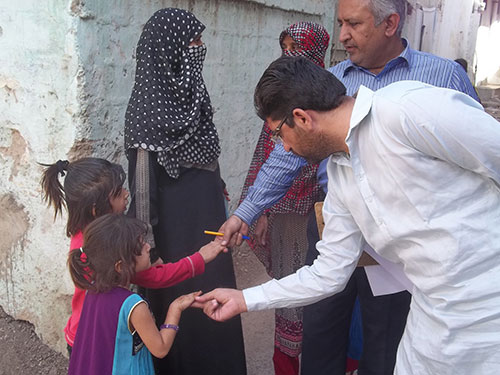
This article was originally published by OpenDemocracy on 18 September, 2015.
Between December 2012 and early 2015, 78 people were murdered and dozens of others injured because they tried to administer a polio vaccine to children. They were killed because of a claim that the vaccines in their coolboxes were actually chemical devices in a western plot to sterilise Muslims.
These killings all took place in Pakistan, the archetypal ‘failed state’. What better evidence can there be that the country is a nest of terrorists than that it cannot stop the murder of medics trying to wipe out a deadly, crippling disease – all because of a conspiracy theory?

